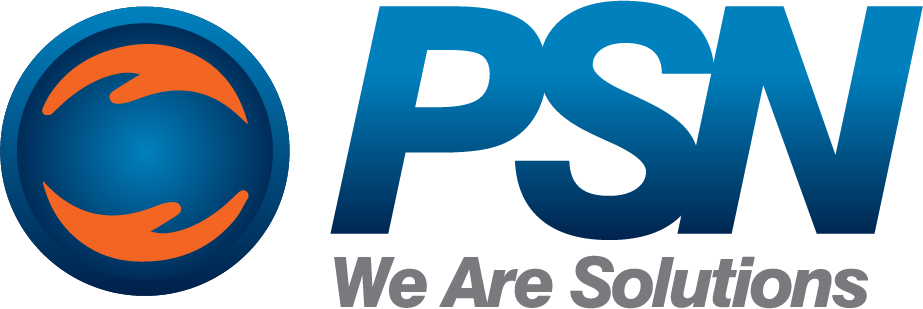It has been interesting to observe the role of the nurse case manager and utilization review nurse over the past two decades.
Case manager and utilization review roles have distinct yet complimentary functions and responsibilities in the health care delivery system. However, nurses who seek temporary assignments as case managers and those returning to the role after practicing in other areas of nursing are sometimes challenged by the scope of the role and the pace of how the case manager role seems to be changing.
In the early seventies, with the inception of medical management, the utilization review nurse role was, and continues to be, focused primarily on using established review criteria to ensure appropriate utilization of health resources for the severity of illness for which the patient presents. The process of utilization management evolved to consist of pre-authorization of care, continued stay review, appropriateness of care, retrospective review and prospective review. In acute care settings, the nurse utilization reviewer‘s primary focus was on assuring that all patient care needs were addressed before discharge. They worked to be certain patients received quality care while at the same time controlling costs.
In the early nineties, the case manager role evolved in insurance companies and hospitals to focus on the assessment, planning and coordination of services for patients in need of continuing services. As the industry has progressed forward, it seems that many of the medical management models today in the acute care setting blend the case manager and utilization review nurse roles. The nurse’s responsibilities now often include, but are not limited to, continued stay review, coordinating discharge needs, care transition, and management of resources to include working with insurance companies to assure benefit availability. Fact of the matter is, the hospital case manager role and the role of the utilization review nurse is variable in today’s practice environment and depends on the unique model used by the hospital system.
Is this variation the reason why many seasoned case managers and hospital UR nurses — returning to a CM role later in her/his career — have difficulty keeping pace in the hospital setting?
Other key factors such as caseload complexity and size must certainly be why it is increasingly difficult for returning nurses who seek temporary or direct hire employment opportunities face difficulty keeping pace. Hospitals report that they care for more and sicker patients, patient turnover is increased, and nurse staffing is a continuous challenge with continued fluctuation in patient census. The diversity of CM roles, and for the most part, the integrated role of CM and UM in the hospitals seem to indicate the need for more than the one day of orientation/training that most nurses on temporary assignment receive
Accessible [web based] and low -cost training and development workshops may be the solution to successfully staffing nurses with prior CM/UM experience back in the hospital settings. This training is needed to ensure the level of competency required to practice today in most hospital CM roles and to assist the experienced nurse with tools for success in contemporary case and utilization management .
The aging population, cost containment and health care reform will continue to impact nursing practice. The nurse case manager plays a key role in medical management. Skilled nurses with a CM background are valuable in filling gaps in staffing needs and can serve as mentors or preceptors for younger, less experienced, nurse case managers. As well, the background of the returning nurse will most often include experience in other health care settings e.g. health plans and insurance companies. This experience can be an asset to the hospital patient population and the entire health care delivery team.
Joyce Bulgar RN MPH is a Nurse Recruiter at Professional Services Network, Inc.Professional Services Network, Inc. (PSN) works with clients nationwide in the search and recruitment of experienced healthcare professionals in managed care and clinical roles for temporary assignments and direct hire opportunities. Additionally, PSN’s consultants work with organizations and providers seeking accreditation or re-accreditation with URAC or NCQA. For additional information regarding our services contact us at 301-460-4089 or email us at [email protected].





